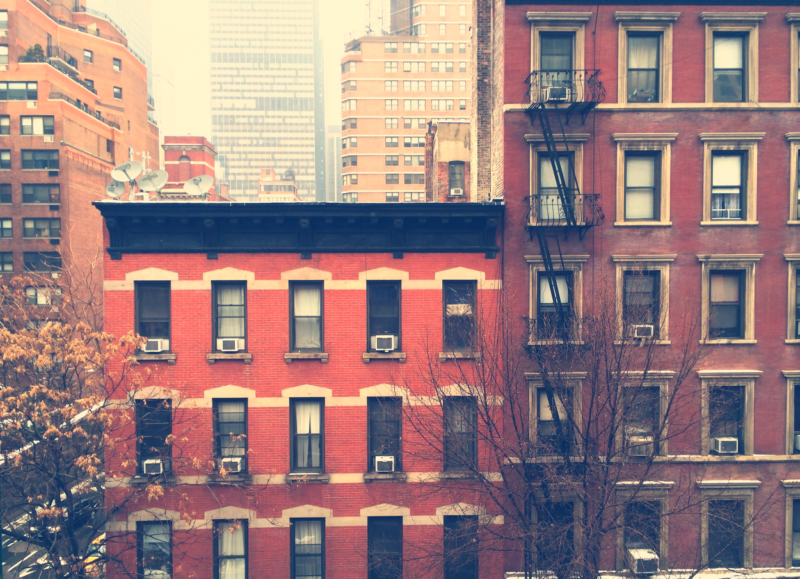“A poet is somebody who feels … This may sound easy. It isn’t.”
– E.E. Cummings, A Poet’s Advice to Students
The first fire escape, in 1784, was a sort of contraption that, fastened to a window, would enable a person to safely reach the street in the event of a crisis. A century later, in an emerging, industrializing, booming New York City, Anne Connelly filed a patent for an external staircase that could be attached to buildings. Two fires had just killed thirty people in cheap, overcrowded dwellings.
“There is a gentrification that is happening to cities, and there is a gentrification that is happening to the emotions too,”
A crisis: too many people racing into cities, with too many dreams, crammed into a suitcase, of freedom, opportunity, “colours as inspiration, poetry as language,” the view promised at the top of ever-rising, sky-scraping buildings. Dreams of being “courageous and bold and making a difference, not changing the world exactly, just the bit around you.” Going out there with passion, working hard at “… something. Changing lives through art maybe,”
or love. Same thing. Cherishing friends, staying true to principles, living passionately, fully, well. Experiencing new things. Loving and being loved. Eating sensibly. “Stuff like that.” The crisis: a world not built to accommodate so many.
“I don’t mind feeling small myself, but I dread finding the world is.” Buildings tight and made of hardwood, hardwall. Hard. Life, “homogenising, whitening, deadening,” inevitably flammable; fragile dreams of flimsy people; icy, thin winds slip into all coats on Sunday evenings, hurrying, outrunning dusk, millions of sleeves brushing,
fingers gloved, never touching, to cold rooms lit brightly, with window views of others, just as cold, lit brightly, in a life that never did, actually, promise anything,
except rent and taxes,
and that life itself, being, alive, “nobody-but-yourself—in a world which is doing its best, night and day, to make you everybody else—means to fight the hardest battle which any human being can fight…” and that everyone, too, is working and fighting and feeling, or giving up.
“Amidst the glossiness of late capitalism, we are fed the notion that all difficult feeling – depression, anxiety, loneliness, rage – are simply a consequence of unsettled chemistry, a problem to be fixed,”
so now buildings are made of concrete and steel, equipped with sprinklers, alarms, proper fire exits. Most windows do not even open. For protection. Like dreams razed and hopes unraised. Most fire escapes are decorative. Non-utilitarian—like love, and art—today, for safety, and should probably be obsolete,
but aren’t. Neither are poets, musicians playing on street corners, red rose sellers, young lovers kissing at the top of the Empire State Building. Lovers, period. Old lovers. Painters in garrets. Garrets. Paper mail and paper planes and cranes and rabbits. I-love-yous on paper notes slipped into coat pockets, the same coats grazing each other. The same flimsy humans. On the subway, on a Sunday, facing, all too human, at the end of the day, the same longing, loneliness,
the same crises, mean and red, as any fires. And when those hit, when being “nobody-but-yourself” is just too big an undertaking, for a small, hardwood, hardwall world,
bundle up. Come with me. Sure, bring the wine. And guitar. Mind your head. Let’s sit out here. No need to go anywhere. Or talk, or look at anything but the sparkling city, sky. Return to the belief “that life, art and spirit are a single expression of belonging. Do not try to say this is loss of youth or innocence, an evasion, a way of avoiding a greater truth,”
fire escapes were made to reach safety, in the event of a crisis. And we were made to “feel and work and fight till you die.” And it’s the most wonderful life. “Or so I feel.”
